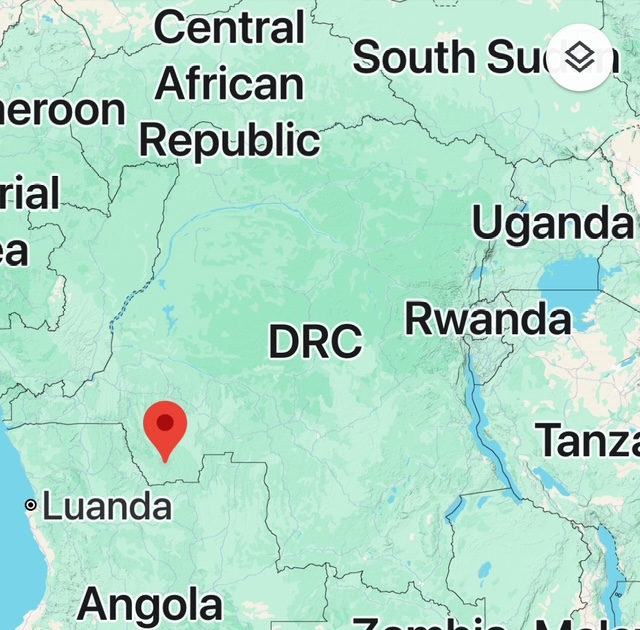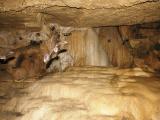Results from lab tests on samples from patients with flulike symptoms in an unknown illness outbreak in a remote part of the Democratic Republic of the Congo (DRC) are expected within the next 24 to 48 hours, an official from the country's health ministry said today.
Dieudonne Mwamba, MD, PhD, director-general of the National Institute of Public Health within the DRC's health ministry, said during an Africa Centres for Disease Control and Prevention (Africa CDC) briefing that the outbreak began on October 24 in Panzi Health Zone in a remote landlocked area of Kwango province, which is in southwestern DRC about 400 miles from Kinshasa, the country's capital. Africa CDC officials said they are sending a team to the area, which includes infection prevention and control experts and epidemiologists.
Mwamba said national authorities didn't learn of the outbreak until early December—6 weeks later—and that officials have activated emergency operations in response. The DRC is grappling with multiple disease outbreaks and is the epicenter of Africa's mpox outbreaks.
Flulike symptoms include fever, headaches, coughing, breathing difficulty, and anemia. So far 376 cases have been reported, 79 of them fatal, according to Africa CDC's total.
Most cases, deaths in young children
Mwamba said the most affected group is children younger than 5 years old, who account for just more than half of cases and the largest portion of deaths. The next most affected group is adults older than 25 years old.

Mwamba said no testing capacity is available in Panzi Health Zone, and five patient samples were sent about 300 miles away to a lab for testing in Kikwit, the largest city in neighboring Kwilu province. He said results should be available within 48 hours.
The illness seems to be an airborne disease, based on respiratory symptoms, he said. So far, it's not clear if the disease is new or something officials know about that has circulated earlier. He noted that the same area experienced a typhoid outbreak 2 years ago.
Kaseya said officials are hoping that the samples are of high enough quality for testing. For now, officials can't speculate on the cause of the outbreak, he added. "We are led by science."

















